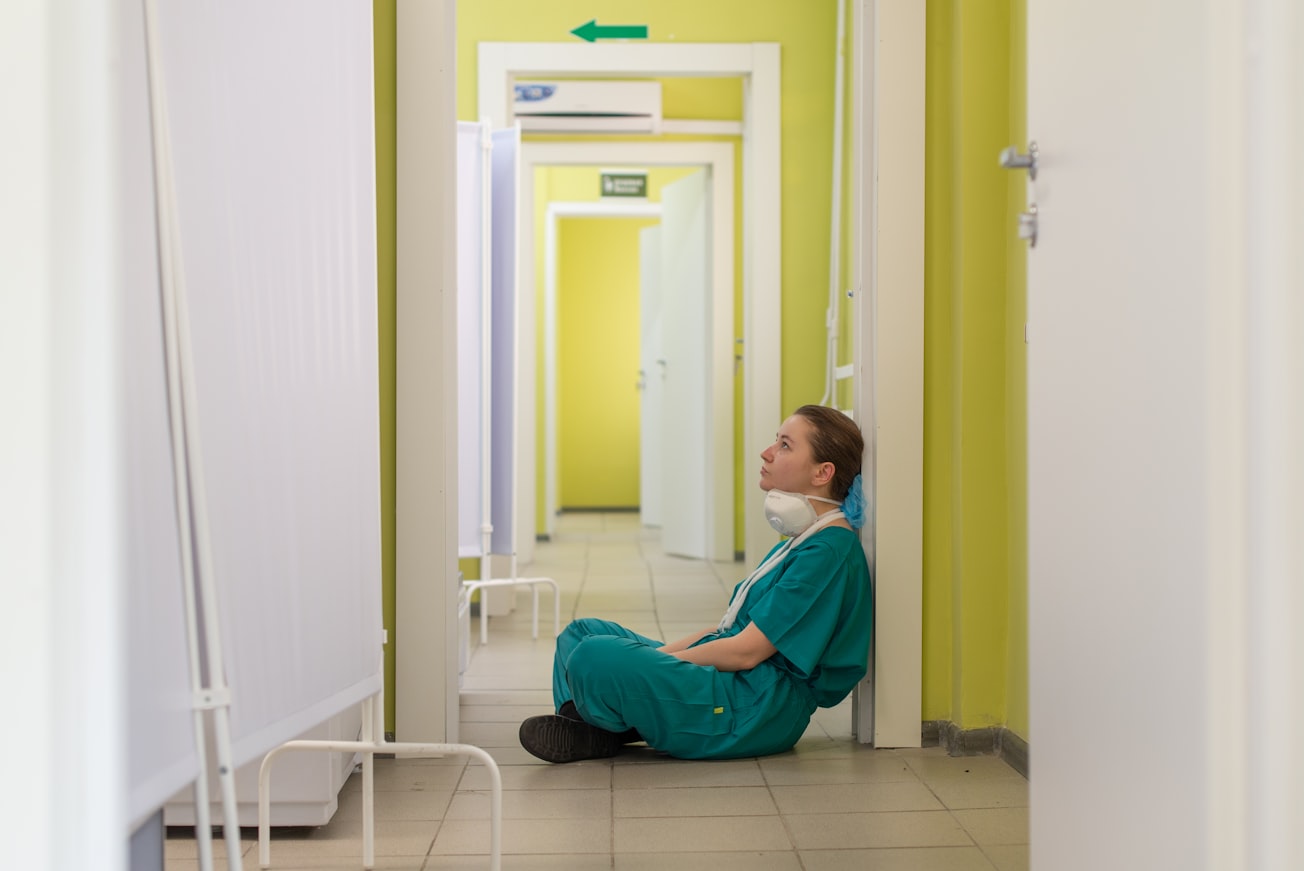What is it about?
The COVID-19 pandemic had huge impacts on people’s lives. Among them were the impacts on psychosocial health, or mental, emotional, social, and spiritual wellbeing. In this study, researchers sent out surveys to medical nurses across 18 states in the United States from June to August 2020. They analyzed the responses to these surveys using various statistical tools. In the survey responses, 22% of nurses said they were depressed, 52% said they suffered from anxiety, and 55% were plagued by insomnia. Interestingly, it turns out that being unable to sleep both contributes to poor psychosocial health and is also a result of it.
Featured Image

Photo by Vladimir Fedotov on Unsplash
Why is it important?
When COVID-19 hit, our medical systems were not equipped to tackle it. This included the work conditions of nurses, who are at the frontline of patient care. To help nurses provide good patient care, they must be taken care of by their workplace management. The first step to putting in place the right measures to ensure the wellbeing of nurses is to find out what the problems are. This study conducts a survey that raises awareness about the psychosocial health problems that nurses have been facing. It also clarifies just how large the number is of nurses who need support. KEY TAKEAWAY: Many nurses are suffering from anxiety, depression, and insomnia during the pandemic. Their workplace management should create work environments that support their wellbeing.
Read the Original
This page is a summary of: Individual and Work Factors Associated with Psychosocial Health of Registered Nurses During the Covid-19 Pandemic, Journal of Occupational and Environmental Medicine, January 2022, Wolters Kluwer Health,
DOI: 10.1097/jom.0000000000002495.
You can read the full text:
Resources
How did COVID-19 affect the mental health of nursing staff?
This study shows that nurses are at a higher risk of developing anxiety and depression during the COVID-19 pandemic. Updated trainings, clear communication among hospital staff, and solid plans to reduce stress can improve their mental health significantly.
How are higher childcare responsibilities affecting female health care workers in the pandemic?
75% of all health care workers (HCWs) are women. As the pandemic continues, HCWs are facing more stress at work. They also must balance this with their increased childcare needs at home.
How COVID-19 has impacted diverse groups of people
The study found that women are more likely to miss work owing to COVID-19 than men. Immigrants faced bigger roadblocks and financial difficulties than native-born people.
Contributors
Be the first to contribute to this page







